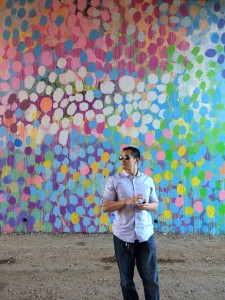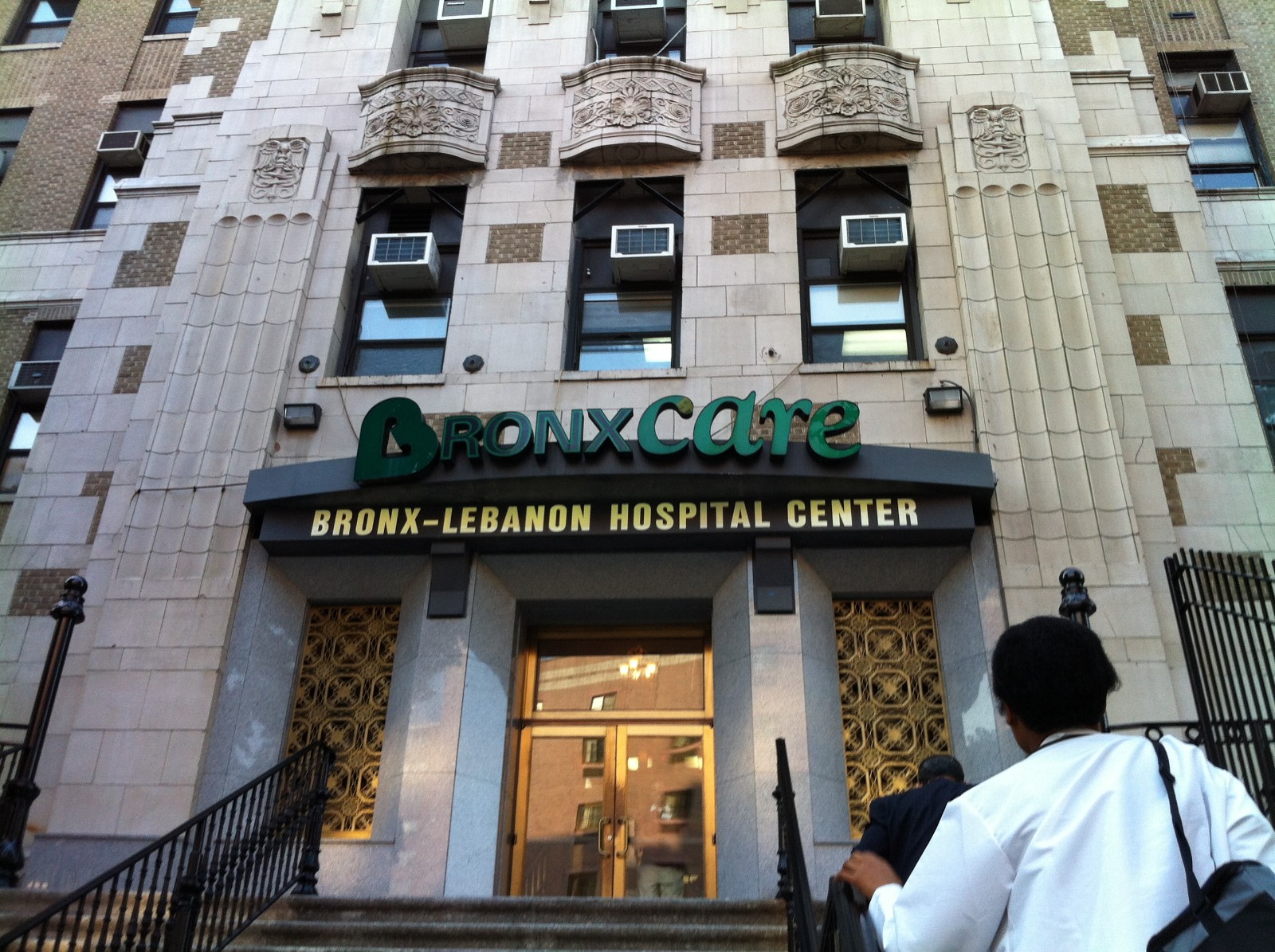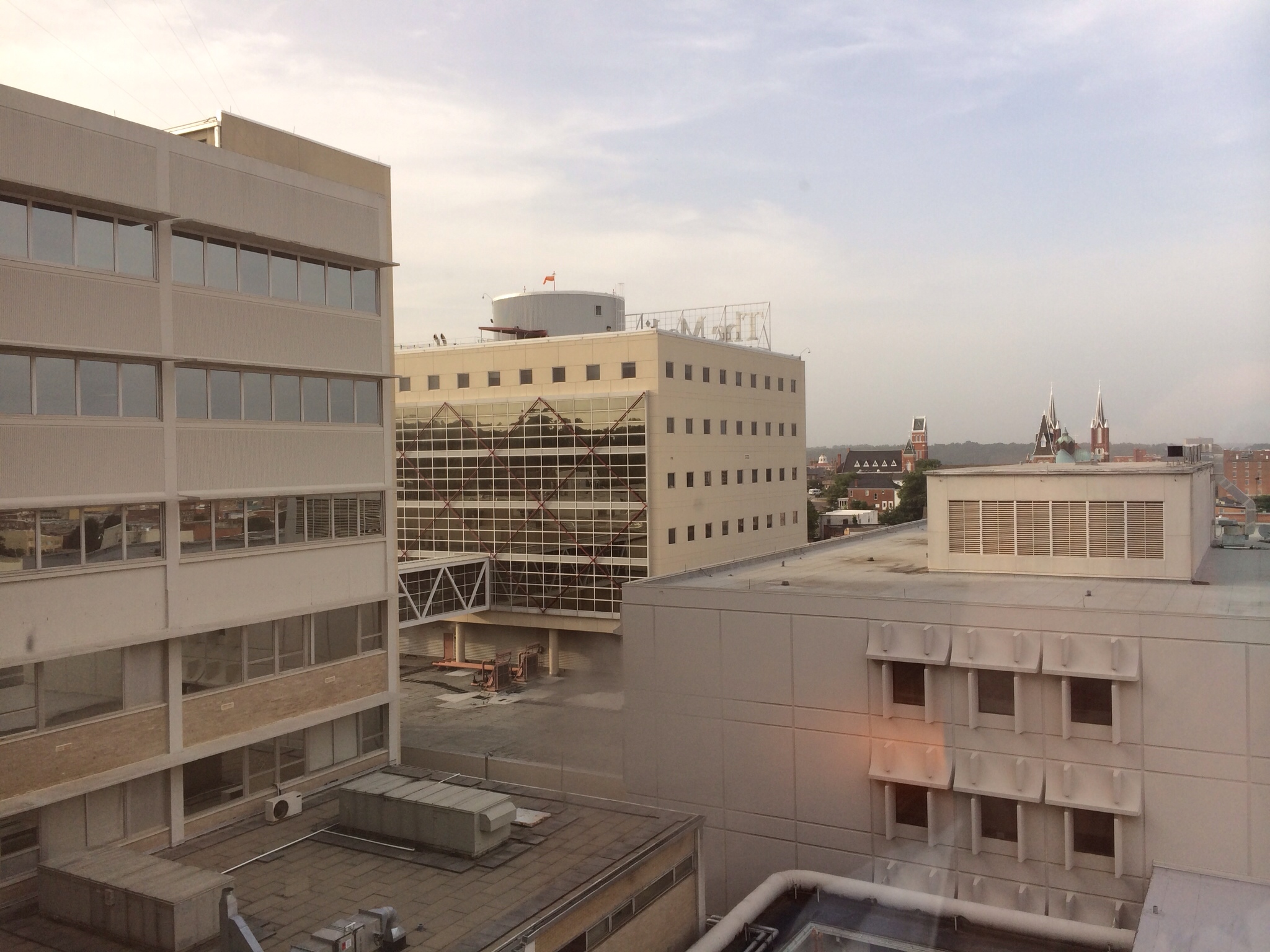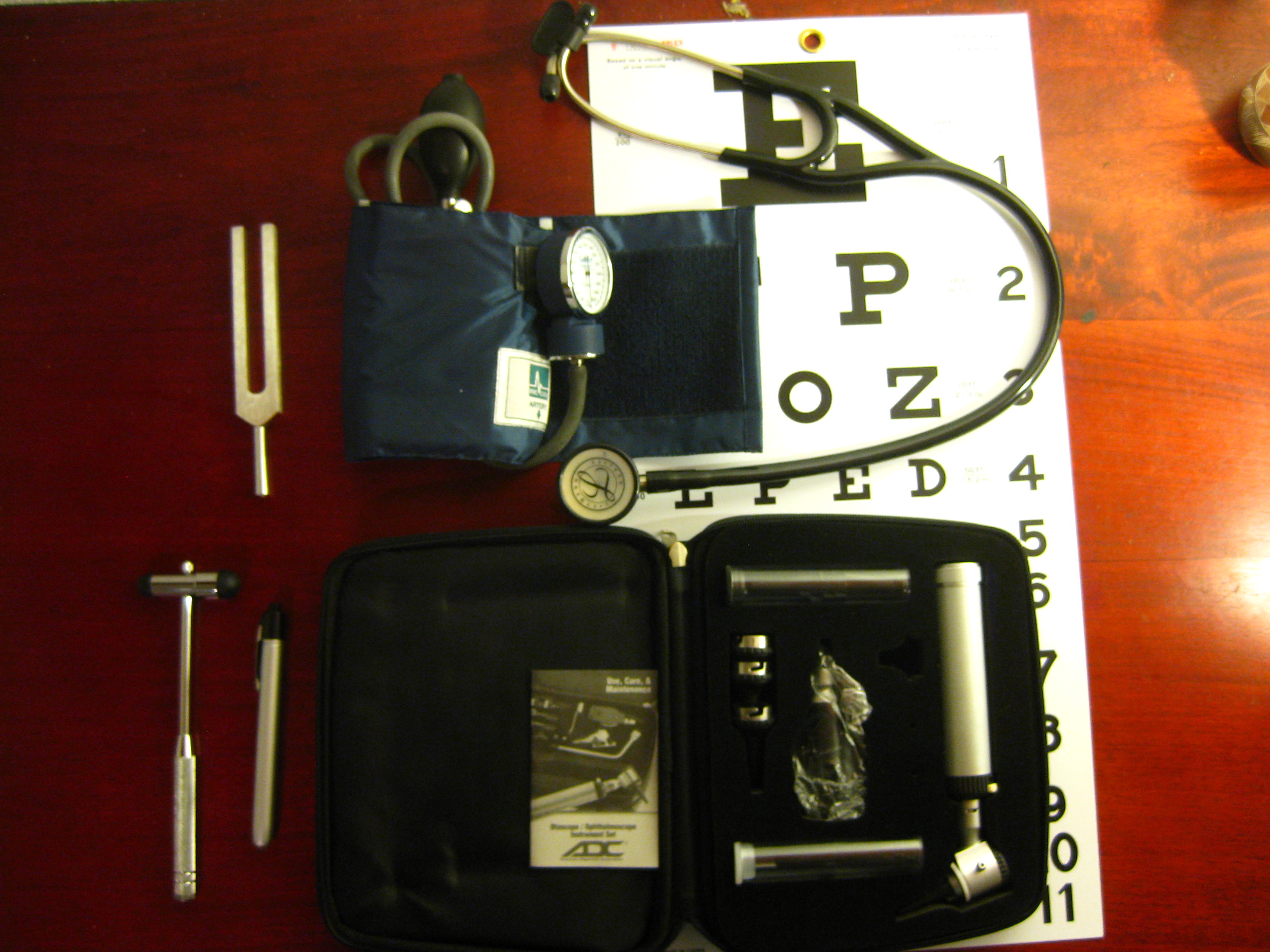Hobby
I know I haven’t blogged in a while, but I am still here, surviving my intern year.
Residency has been pretty busy thus far, but there hasn’t been a day gone by where I haven’t come home feeling I’ve had a productive day. My intern experience thus far has been pretty inpatient-heavy. I’ve had two months of internal medicine inpatient, followed by a month of OB inpatient, then a month and a half of family medicine inpatient service, and now finally outpatient pediatrics. I’ve gotten some pretty ill patients in the ICU in which almost anything that could go wrong with the human body has gone wrong: sepsis, pneumonia, UTI, fever, leukocytosis, altered mental status, electrolyte imbalance, congestive heart failure, decubitus ulcer, respiratory distress on ventilation… all at the same time and in the same person. I tell myself that if I can feel confident in treating a patient like this, then I can feel confident in treating anyone.
I’ve had patients who have made a 180 degree comeback in improvement and others who keep regressing despite using all resources to try to save the patient. I’ve delivered babies into the world, and I’ve pronounced the death of patients that I’ve gotten to know. Medicine has its wonders, but it also has its limitations.
I feel I am learning something every single day. Residency is all about learning by doing. Although we do have lectures, journal club, grand rounds, morning reports, and other formalized didactic sessions, I feel the stuff that actually sticks is my own direct experience in managing patients, thinking things through, weighing treatment options, discussing my thoughts with my colleagues and attendings, and making decisions and seeing what those decisions do for my patients. Every decision that I have to make for my patients, I find myself reading up on guidelines to treatment and researching and comparing different medications so that I would feel confident that I have provided my patients with the best care I’m capable of.
Although lectures may not be my preferred method of learning, I have to admit that we have had some pretty fun lectures. In addition to the typical lectures on standard medical topics, we’ve also had some really cool hands-on lectures that isn’t necessarily about diseases or the latest treatment guidelines but about the everyday stuff we can teach our patients that they can use to lead healthier lives at home, especially those from lower income households who may not have the luxury to afford organic health foods or gym memberships. The other day we had a lecture titled “Yes we can” where we learned about the nutrition, safety, and harms of different canned products, and that making a delicious, healthy, and affordable meal can indeed be possible and easy using canned foods. We made a simple pumpkin soup and salsa out of canned ingredients and had a taste of it during the workshop. We’ve also had a lecture on the medicinal properties of different teas and tisanes, and got to make and sample many of them. As a big foodie and a doctor, naturally this crossover between medicine and food would always be something that interests me.
Despite being an allopathic program, we’ve also had an interactive workshop in which we learned (and practiced on each other) osteopathic manipulative maneuvers such as lymphatic pump, splenic pump, rib raising, re-doming of the diaphragm, maneuvers to treat atelectasis, and manipulations that would improve post-partum pain in patients who just gave birth. While I’m so used to prescribing a pill to fight an infection, improve breathing, and control pain, osteopathic manipulative therapy offers a different approach to help relieve many of the same issues, which I find interesting.
If you haven’t noticed with the workshops on medicinal teas and osteopathic manipulative therapy, integrative medicine is a big part of our program. While getting a fellowship in Integrative Medicine would typically be an additional year after finishing a three-year family medicine residency, our program is unique in that an integrative medicine fellowship is already embedded within the three year curriculum we are here for family medicine residency. Every resident who goes through our program will not only graduate being board certified in family medicine but also have a formal certification in integrative medicine. I think many patients are interested in and would benefit from integrative medicine as an adjunct treatment, and coming from this program, I would feel comfortable offering this approach to care in addition to the conventional medical treatment.
As doctors, we have committed ourselves to a lifetime of learning (and… test-taking). When I was a med student, an attending once told me that we have to get used to reading medical journals and texts, because in medicine, learning has to become a hobby. Now that I am a resident, more and more I find this true.















hi Benji, i thank God i found your website and blog. i”m torn between going to med school and being Nurse practitioner. i feel like i don’t have enough time on my hand, i’d miss out on life or might even regret going to med school. if my plans go as planned i’d graduate from college at 25, get into med school at 25 if i decide on going there, graduate at 29, then residency. how do i balance life and med school if i decide to go on that path? I’m really confused and torn on making a career path decision. is getting into medical school at 25 too late?
25 is not late for med school. That was how old I was when I started, and I know of people who were even older when they started. I don’t recommend you going to med school unless it is something you are absolutely sure you want to do, because it is expensive, time consuming, and something you’ll only be successful if you are focused and determined.
Hey Benji,
As a 5th Semester student at AUC, I will be soon taking STEP, beginning rotations, and then of course applying to Residency Programs, and traveling for interviews. Do you think you could make a post about the general estimated costs that you spent your last two years of medical school in application fees, travel costs for interviews, and other costs that we may be simply unaware about?